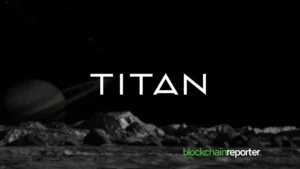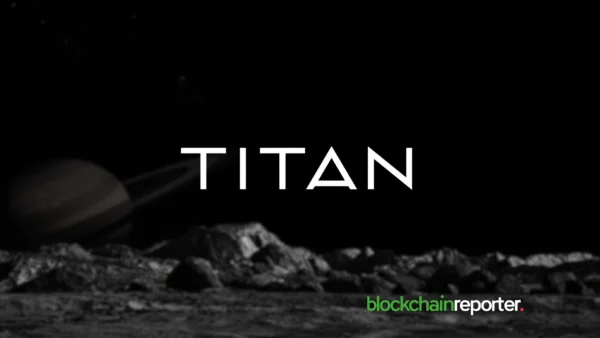
Filecoin, a prominent data storage platform, is reportedly collaborating with Swan Chain, a cutting-edge computing company. The collaboration aims to develop AI-led decentralized infrastructure. It combines high performance with censorship-resistant and scalable storage.
Both FinTech firms intend to develop a future marked by the efficient operations of AI models within a decentralized agenda. It would be reportedly free from the restrictions of conventional and centrally controlled cloud providers.
Filecoin and Swan Chain All Set to Merge Decentralized Storage and Computation
Filecoin’s partnership with Swan Chain merges AI technology with the Web3 cloud to benefit developers. This endeavor includes the incorporation of the robust computing power of Swan Chain. It also takes into account the decentralized storage capabilities of Filecoin to improve the efficiency of the AI model. In addition to this, it also decreases operational costs while guaranteeing the security of data in a permissionless and open environment.
The mutual initiative seeks to offer enhanced accessibility and scalability, the fundamental challenges faced by AI computing. As demand for efficient AI computations rises, dependence on centrally controlled cloud services presents a bottleneck. The possible reasons behind this include the likely censorship and high costs. However, Filecoin’s collaboration with Swan Chain addresses this by strengthening developers with the infrastructure that prioritizes decentralization and efficiency.
Delivering an Alternative to Conventional Cloud Infrastructure
According to Filecoin, a key aspect of this development is the dynamic assigning of computational power. AI models are now permitted to process data straight within the distributed storage ecosystem of Filecoin. This eliminates the requirement for constant data transactions between computation and storage nodes.
The respective optimization increases processing speed apart from substantially decreasing costs. Overall, the collaboration combines decentralized storage and computation to deliver a resilient alternative to conventional cloud infrastructure.







